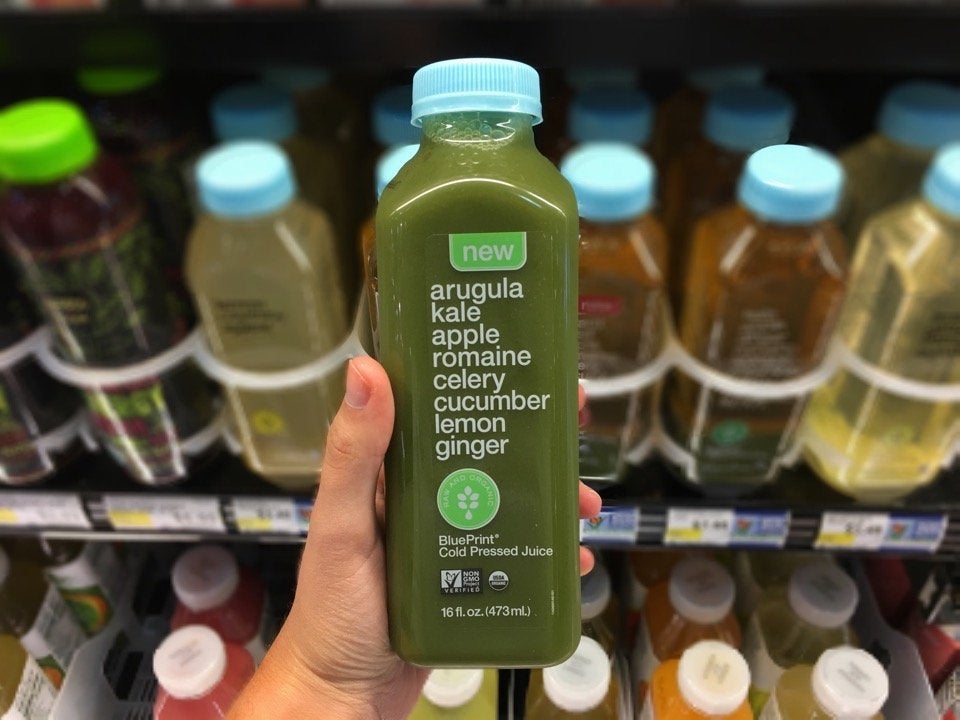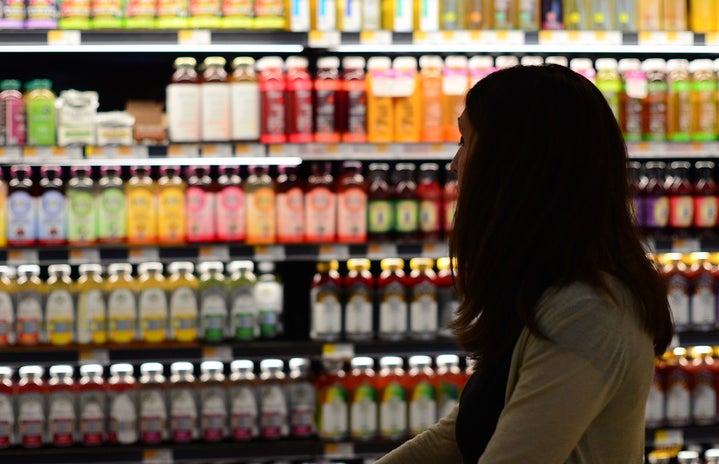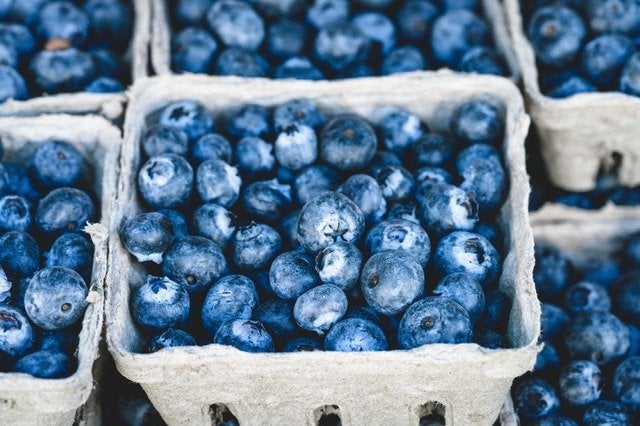When I hear celebrities or other individuals say, “I think I should do a juice cleanse,” I wonder how you think you are going to last through the day. I’m a girl that loves her food, and to take it and limit myself to just juice seems outrageous. Is juice cleanses beneficial to the body? Even though it may work for some, it may not be the best way to lose weight and keep it off.
In an article from Medical News Today, a juice cleanse is a type of diet that involves consuming only juices from vegetables and fruits. Fruit and vegetable juices are high in nutrients and can play a crucial role in balanced diets. Some people believe that only consuming these juices for a period can help “cleanse” the system and provide various health benefits. Advocates claim that juice cleanses can help you remove toxins from the body and aid in weight loss. However, there is insufficient evidence to support the benefit of juice-based diets. Juice cleanses and liquid diets come with a cost. Research has linked liquid diets with an increased risk of serious health complications and the development of eating disorders. How juice cleanses work is that you will usually only consume juice for a certain period. Many juice-based diets last less than two weeks, but some may last longer. Regardless of the length, juice diets are dangerous, and a person should only consume a liquid-only diet under medical supervision.

The risks of a juice cleanse can vary. Juice cleanses are usually low in calories and reduced calorie intake may result in temporary weight loss, but this change is rarely long-lasting. Consuming an insufficient number of calories can cause a person to experience symptoms relating to low blood sugar because the body does not have enough energy. Examples of symptoms are fainting, weakness, dehydration, headaches and hunger. You also will be lacking enough protein and fat by consuming only juices. Both are crucial to physical health, healing and brain function. Eliminating food groups for extended periods may lead to malnourishment. Pasteurization is also another issue with juice cleanses. If a person consumes juices that are unpasteurized or have not had another treatment to remove the bacteria, they are at greater risk of illness. This is especially true for very young and older people as well as those with weakened immune systems. Also, be careful if a juice cleanse includes laxatives or other methods of bowel stimulation, a person could lose too many nutrients in their stool. This can lead to dehydration and imbalanced electrolytes. Many fruits and vegetables we consume help with the function of our kidneys. These fruits and vegetables are rich in nutrients that help keep them going. Increasing fluid consumption can also be beneficial for kidney consumption. Some foods are high in oxalate, a compound that can increase a person’s risk of kidney problems when consumed in high quantities. Foods that are high in oxalate include spinach and beets. Those two are some of the most common add-ins to juice cleanses. Advocates of the juice cleanse claim that it can help remove toxins from a person’s body and aid in weight loss. Toxins are harmful substances, such as pollutants and synthetic chemicals. Studies have shown that the weight loss from juice-based diets is “physiologically harmful” to participants. Even a brief juice cleanse can affect the bacteria levels in a person’s digestive system.
In my opinion, eat your fruits and vegetables in their true form rather than making them into juice. Liquid diets can do more harm than good to your body if not prescribed by your doctor for a legit medical reason. Incorporate lots of colorful fruits and vegetables into your diet so that you’re getting all your natural vitamins and minerals from the truest sources out there. As always, consult with your doctor or your registered dietitian before going on a diet.



